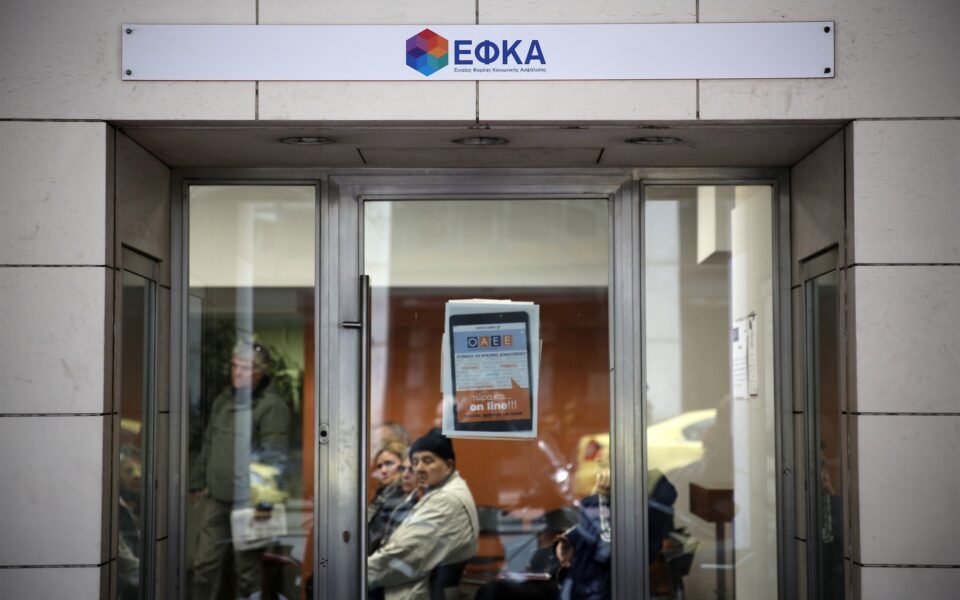Big debtors to be outed Friday

With the July 31 deadline to agree on a repayment schedule for their debts to the state having come and gone, and with very few takers, authorities are taking the next steps: shaming and, hopefully, collecting, although the latter part will be far from easy, officials admit.
The ministries of Finance and Labor estimate that 50,000 individuals and businesses owe more than €150,000 to the tax authorities and another 33,000, in many cases the same, owe the same amount to EFKA, the national social security agency.
Very few took the opportunity to settle their debts in 72 or 120 installments, depending on the case. For the rest, at least the bigger fish, shaming will follow.
But making the names of the big debtors public has happened before, in 2019, and authorities discovered back then that shaming produced few tangible results. EFKA and its income tax counterpart are expected to set in motion the forced recovery of debts, which could include garnishing and seizure of bank accounts and other assets.
The social security debt is estimated to have reached €45.6 billion, with almost €20 billion owed by the “big fish,” those with over €150,000 in arrears. That they owe less than half of the total shows how widespread delinquency is.
EFKA has its internal debt collection agency, KEAO, which may be pressed into service to collect tax debts as well. But its collection goals are relatively modest compared to the size of the debt. They hope to recover some €1.57 billion in 2023, a figure less than that recovered in 2022 (€1.7 billion).
KEAO personnel are looking at how old some debts are and how the old debtors have incurred new debts fairly recently. That could give some insights as to how able they are to actually pay their debts. In the past, orders to forcibly recover assets have been issued without necessarily turning up anything significant.
Creating individual profiles based on debtors’ history and their attempts, if any, to pay back whatever they can, or, on the contrary, continuously stalling and avoiding, will take time. As a start, KEAO will send slips to some 100,000 debtors. But, among them, only 5,000 will be called, not for the first time, to agree to some repayment scheduling.





